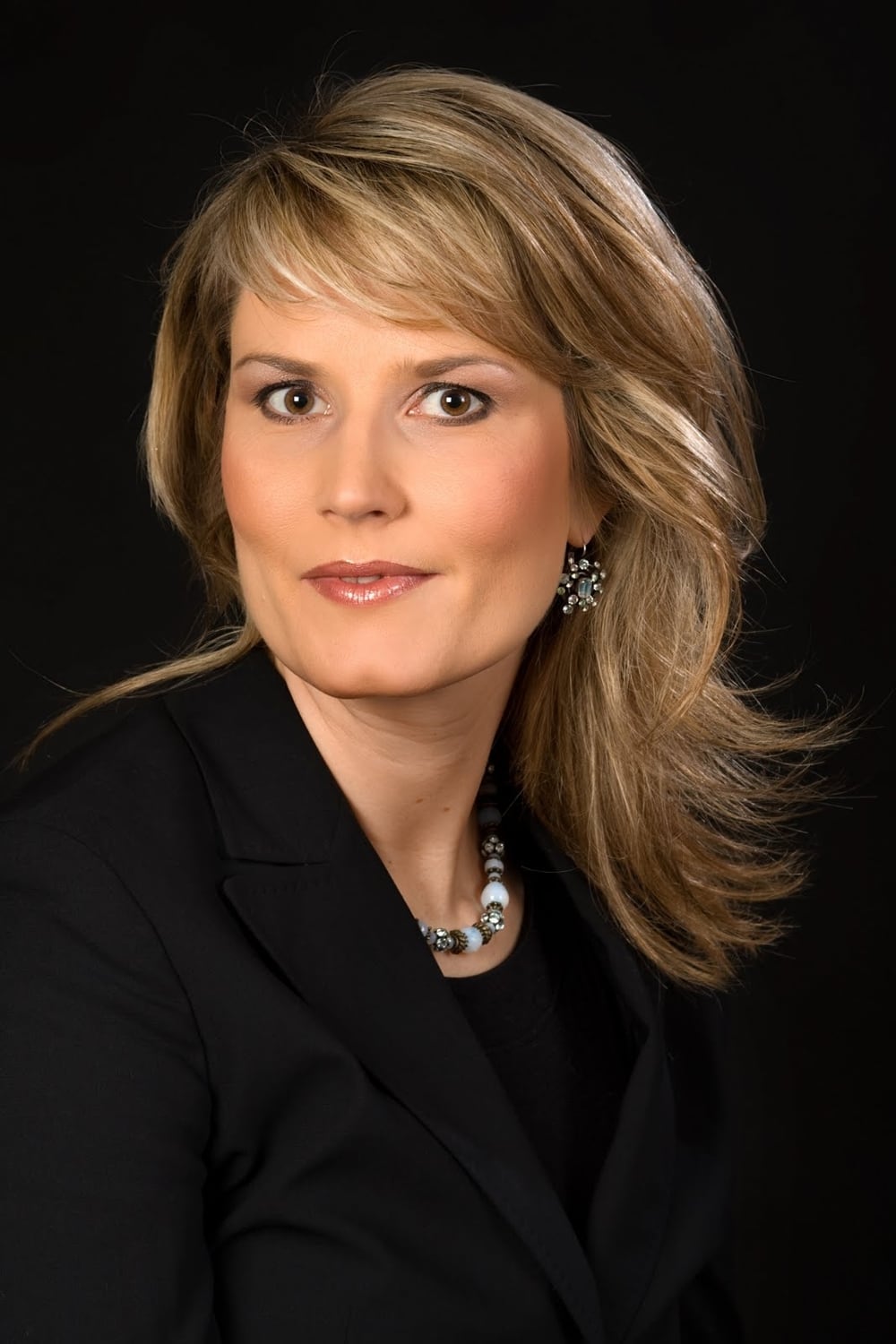
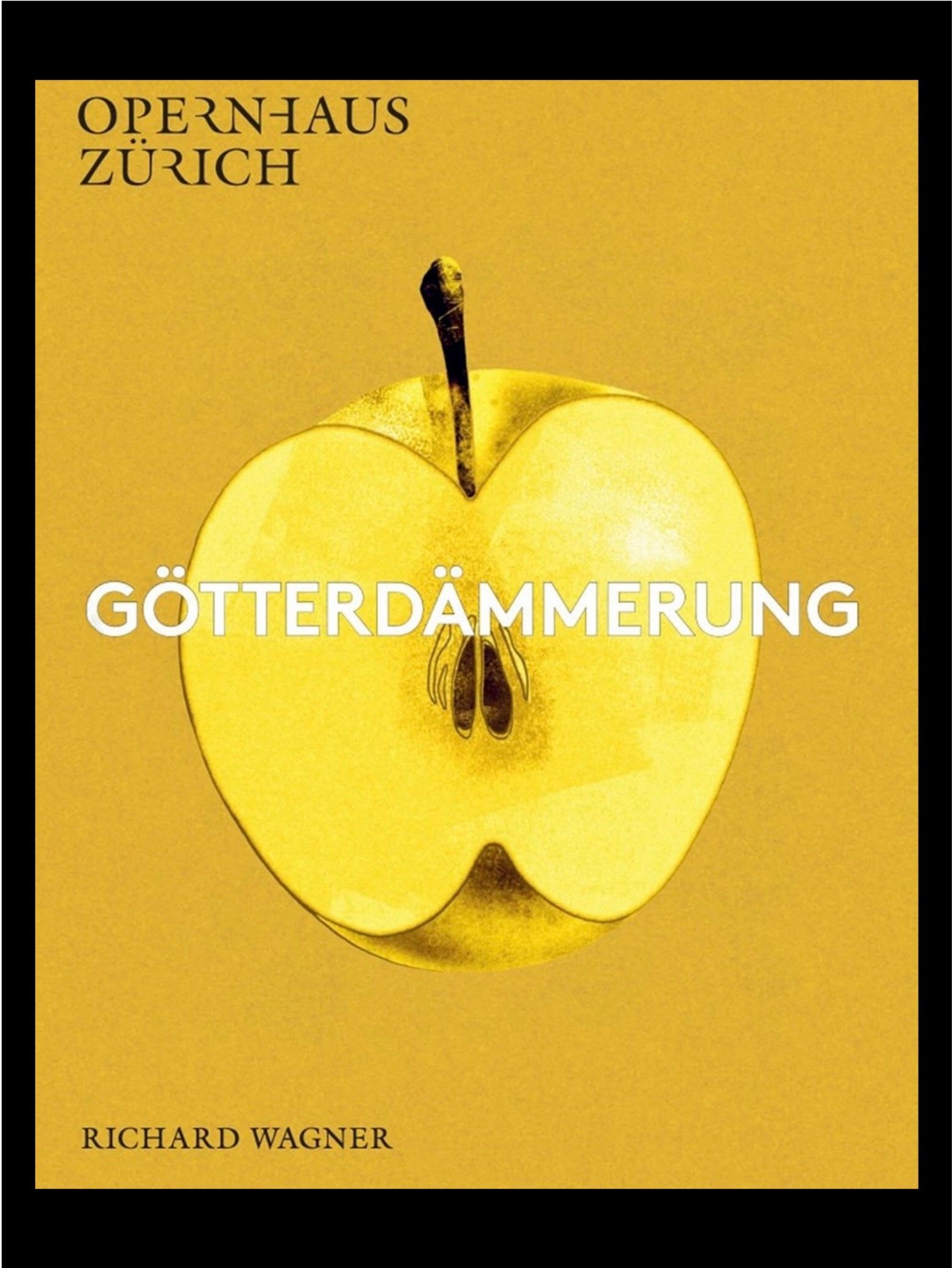
Der Ring des Nibelungen in a production of the Zürich opera house, recorded 2024. "Dramatic music-making at its finest". In the hands of General Music Director Gianandrea Noseda and Stage Director Andreas Homoki, Wagner's myth is represented as "a dysfunctional family of gods" (The Independent) in a polished yet unpretentious production that underscores the humanity of the characters, who are performed by the same exceptional cast of singers across all four operas.
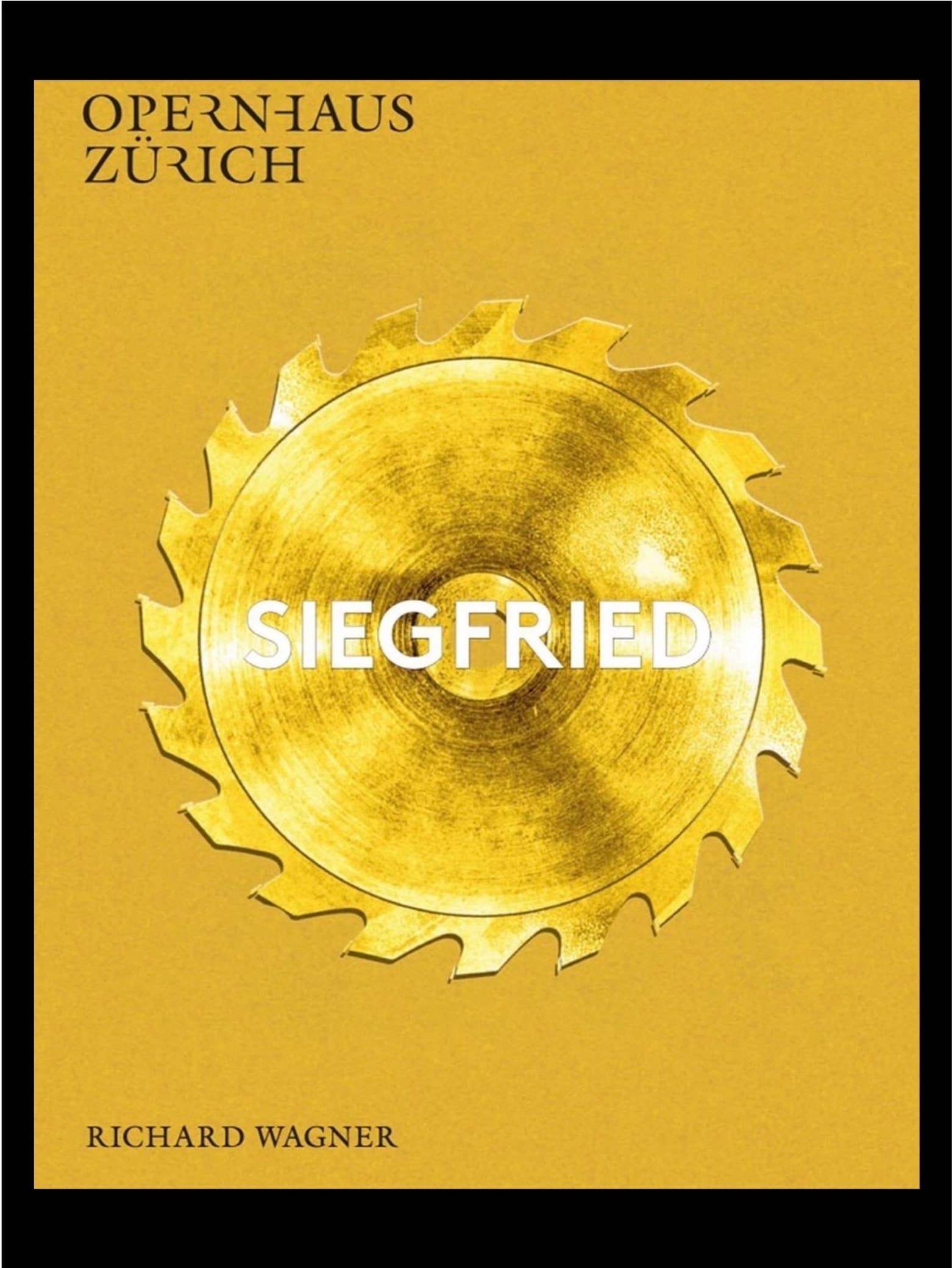
Der Ring des Nibelungen in a production of the Zürich opera house, recorded 2024. "Dramatic music-making at its finest". In the hands of General Music Director Gianandrea Noseda and Stage Director Andreas Homoki, Wagner's myth is represented as "a dysfunctional family of gods" (The Independent) in a polished yet unpretentious production that underscores the humanity of the characters, who are performed by the same exceptional cast of singers across all four operas.
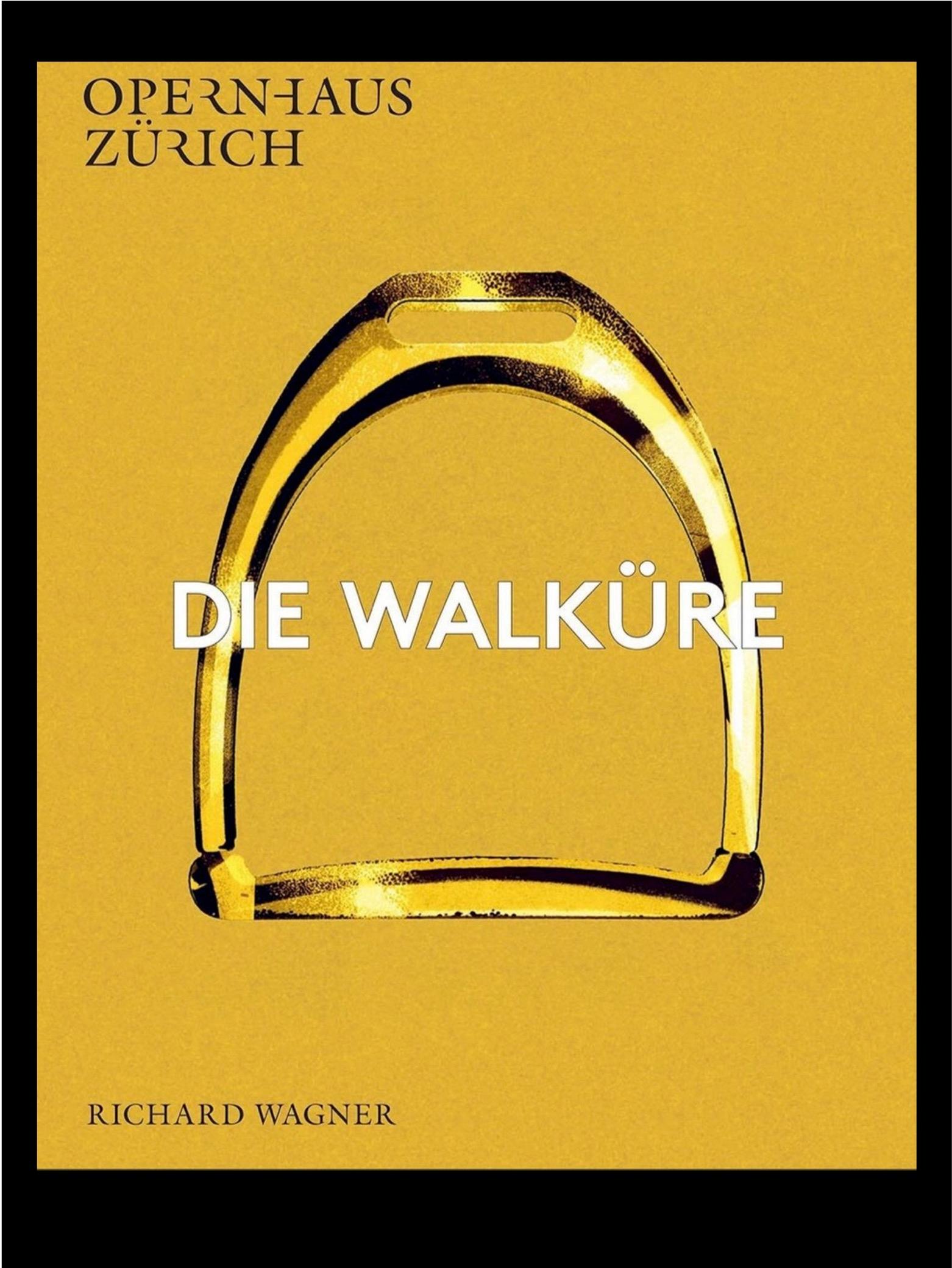
Der Ring des Nibelungen in a production of the Zürich opera house, recorded 2024. "Dramatic music-making at its finest". In the hands of General Music Director Gianandrea Noseda and Stage Director Andreas Homoki, Wagner's myth is represented as "a dysfunctional family of gods" (The Independent) in a polished yet unpretentious production that underscores the humanity of the characters, who are performed by the same exceptional cast of singers across all four operas.
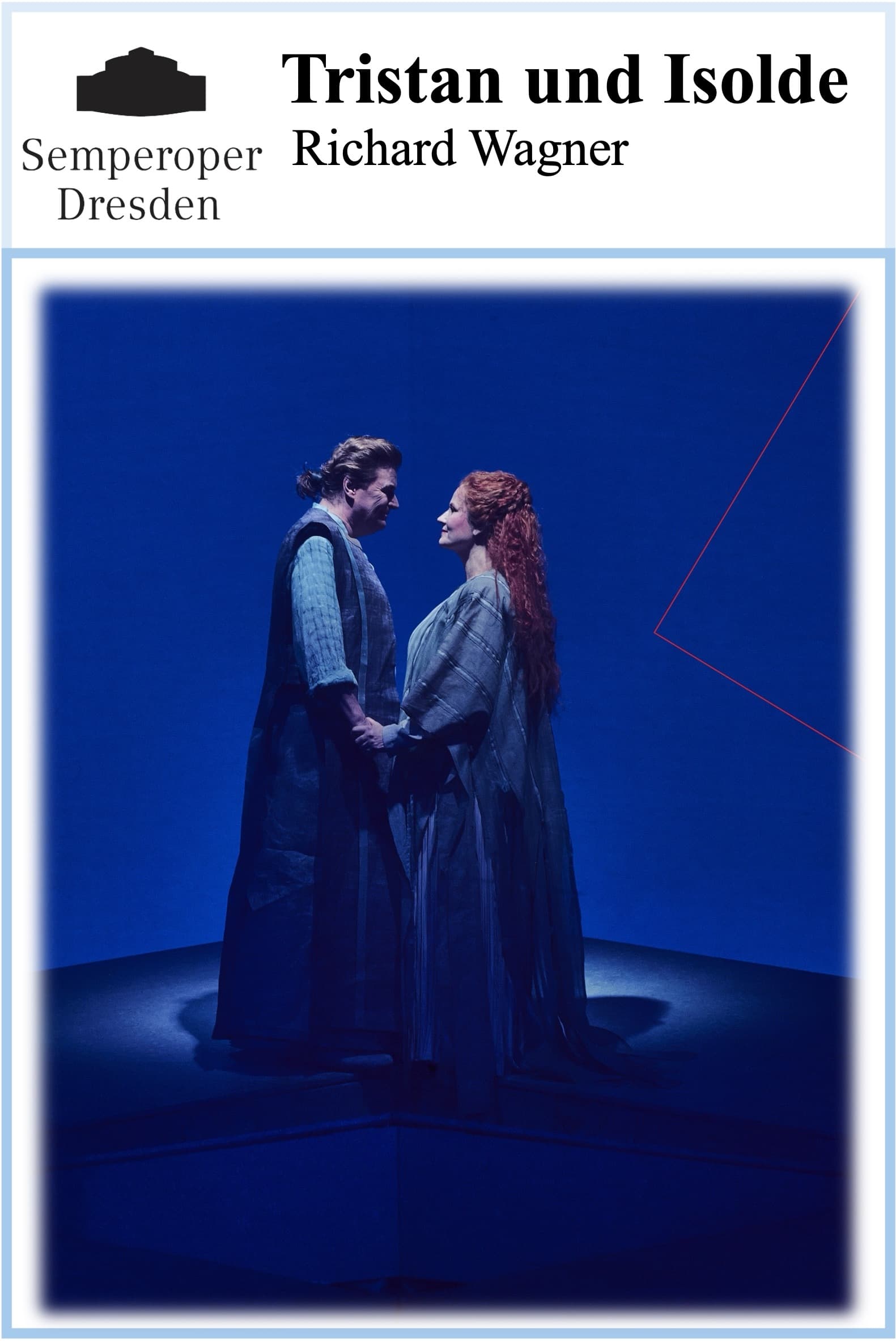
Through the power of a love potion, Tristan and Isolde have fatefully fallen for each other, but Princess Isolde is promised to Marke, the king and Tristan's liege lord. The lovers live their connection in secret, which inevitably has to be discovered and leads to catastrophe. The visually stunning production by Marco Arturo Marelli prepares the ground for the secret of this love in space and color, captured in Richard Wagner's opera, which premiered in 1865, in which the music becomes almost the sole carrier of the plot.
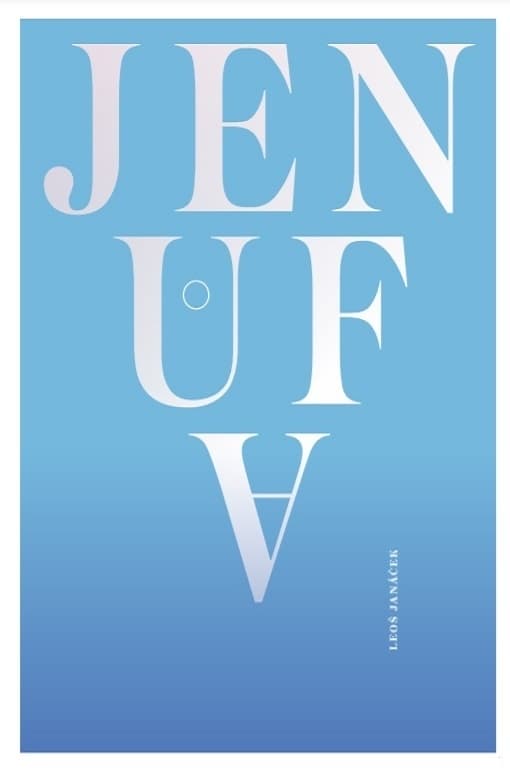
The rigid morals of a village community put a young woman under pressure: Jenůfa is pregnant by her lover Števa, but he rejects her and retracts his offer of marriage. Once the child is born, Jenůfa’s stepmother, the village sextoness, is worried about the young woman’s reputation as well as her own future. When Laca, another marriage suitor, offers Jenůfa his hand in marriage, the sextoness thinks that life would be better for all of them without the child …
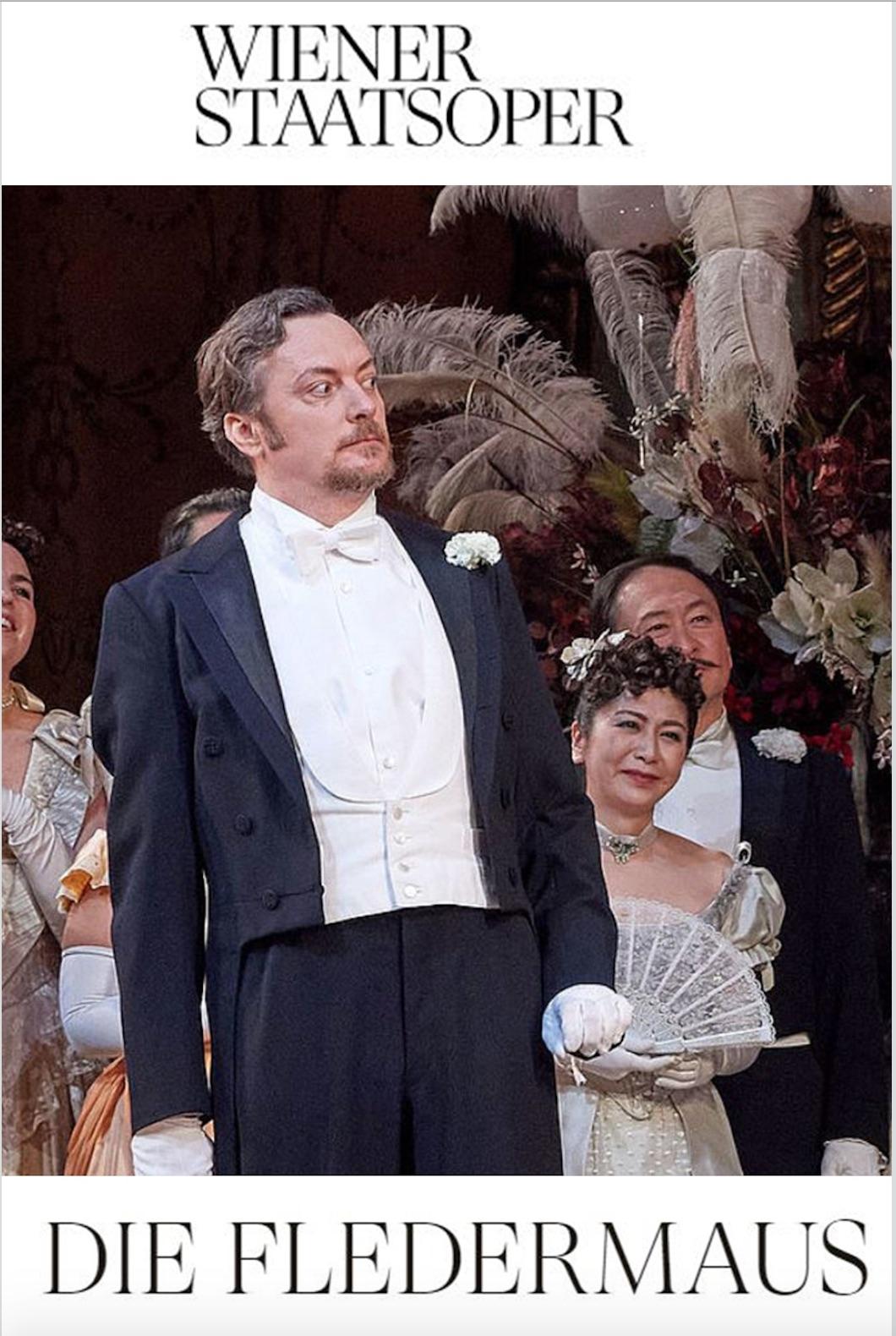
The plot of Die Fledermaus is woven around a ball given by Prince Orlofsky.
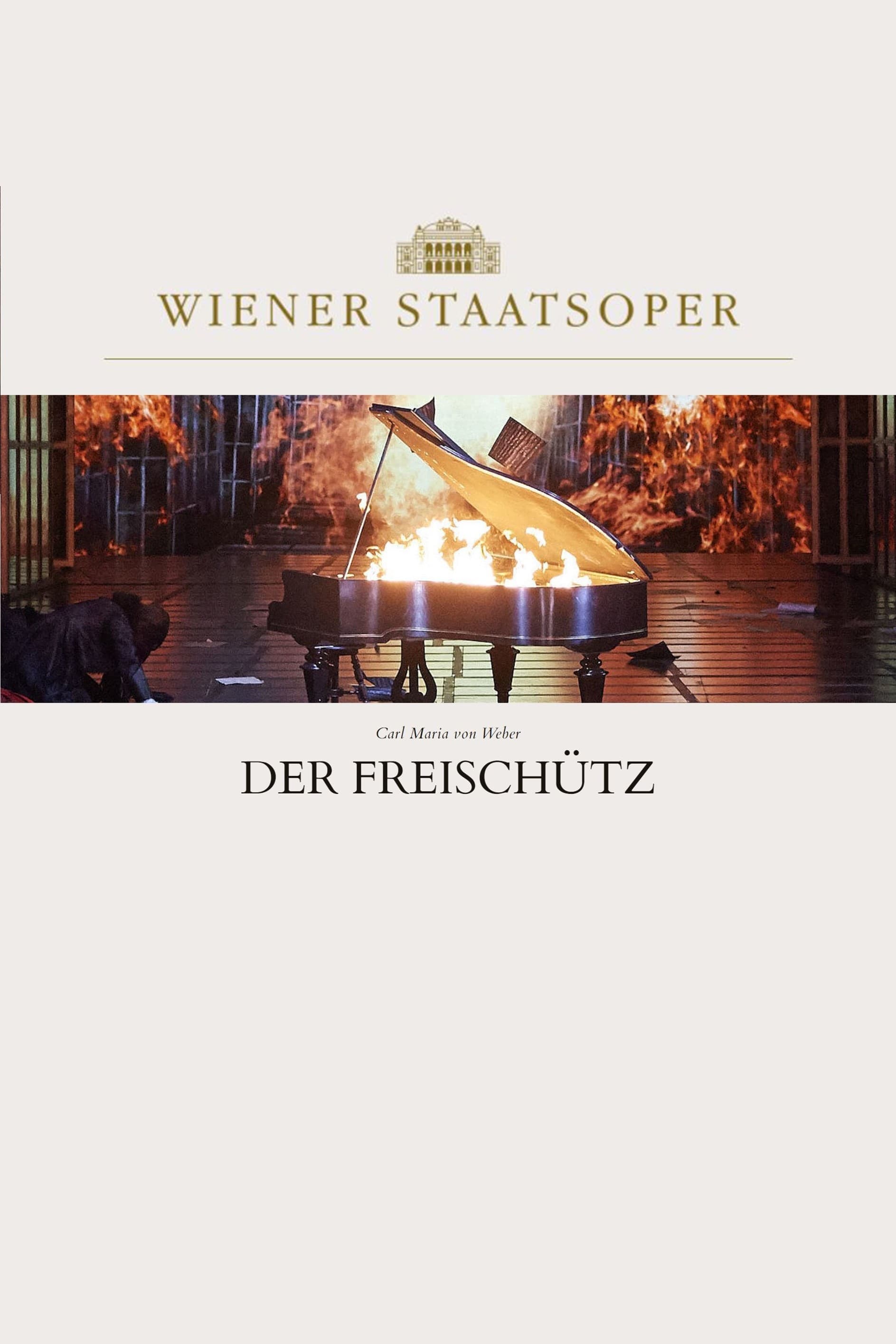
The young composer Max is due to marry Agathe, but before his wedding he must finish his opera on which he has been working for quite some time. Despite all his efforts, Max is plagued by worries that he will fail to complete the piece and so makes almost no progress. Visions and hallucinations haunt him, the boundaries between dream and reality seem to blur and overlap. Caspar tries to persuade him finally to give in to the hidden and dark creative powers within him and so overcome his inability to write; Caspar’s efforts are finally rewarded.
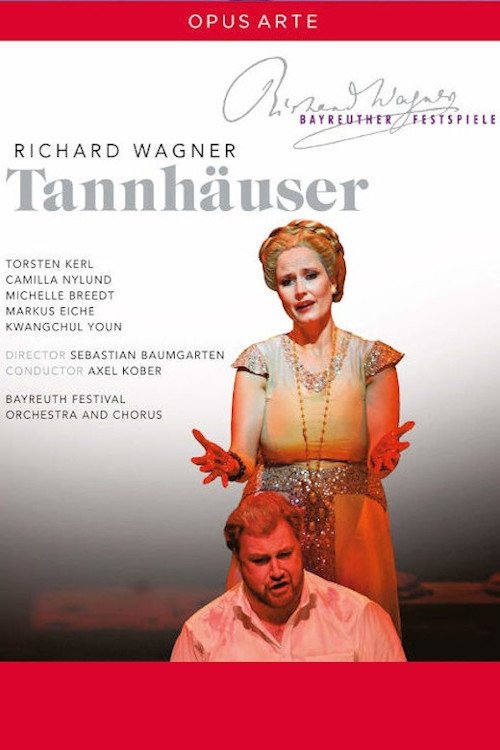
Wagner's tale of the struggle between spiritual and profane love, and of redemption through love, is given a radical visual update in Sebastian Baumgarten's controversial yet thought-provoking Bayreuth production. Joep van Lieshout's giant installation 'The Technocrat'; dominates the stage, its industrial interior giving credence to the idea that Tannhäuser is one big experiment and playing host to some magnificent performances, among them Torsten Kerl's robust interpretation of the title role and Camilla Nylund's wonderfully empathetic Elisabeth. Recorded live at the Bayreuth Festspiele, August 2014.
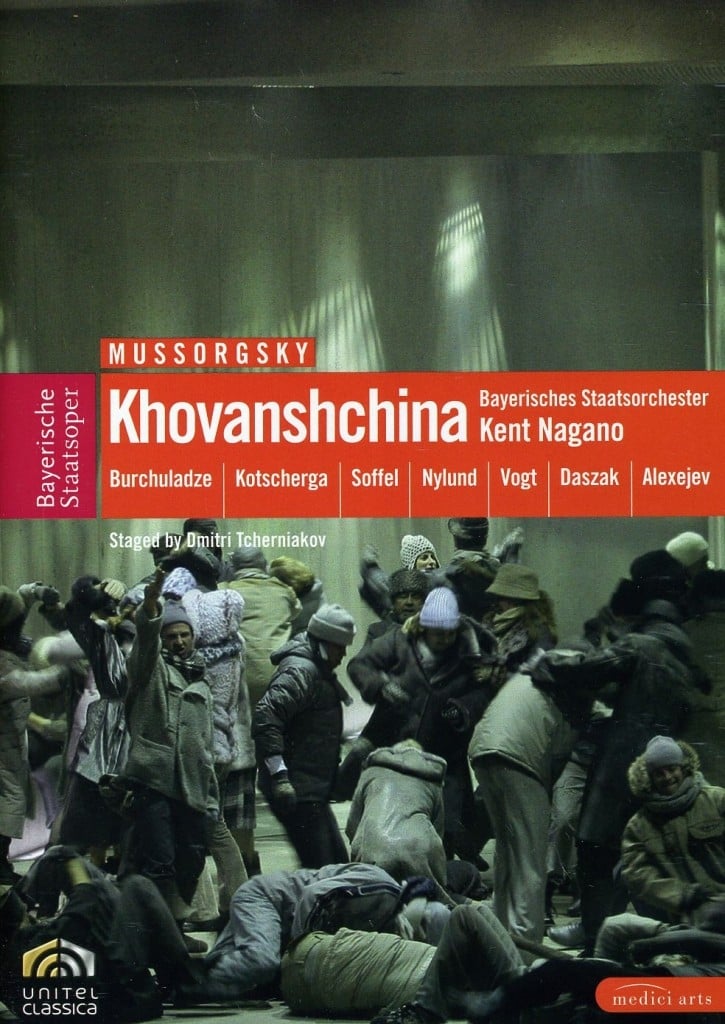
Kent Nagano superbly masters the challenges presented by this score, shapes the dynamics with subtle intensity, and casts the score in a mellow glow. As Marfa, the spurned lover of Ivan Khovansky‘s son Andrei, Doris Soffel unfolds such a rich palette of sonorities, from the pathos of the lower ranges to shaded discant heights, that “one is tempted to speak of a Russian mezzo”. The final chorus, which Mussorgsky did not compose, is played in the orchestrally transparent version of Igor Stravinsky – the third great Russian composer who contributed to making “Khovanshchina“ a timeless, gripping stage work. With his stripped-down sets and historicising costumes, director Dmitri Tcherniakov, one of the new voices of contemporary Russian theatre, builds a bridge to the political present. A lesson in history and music!
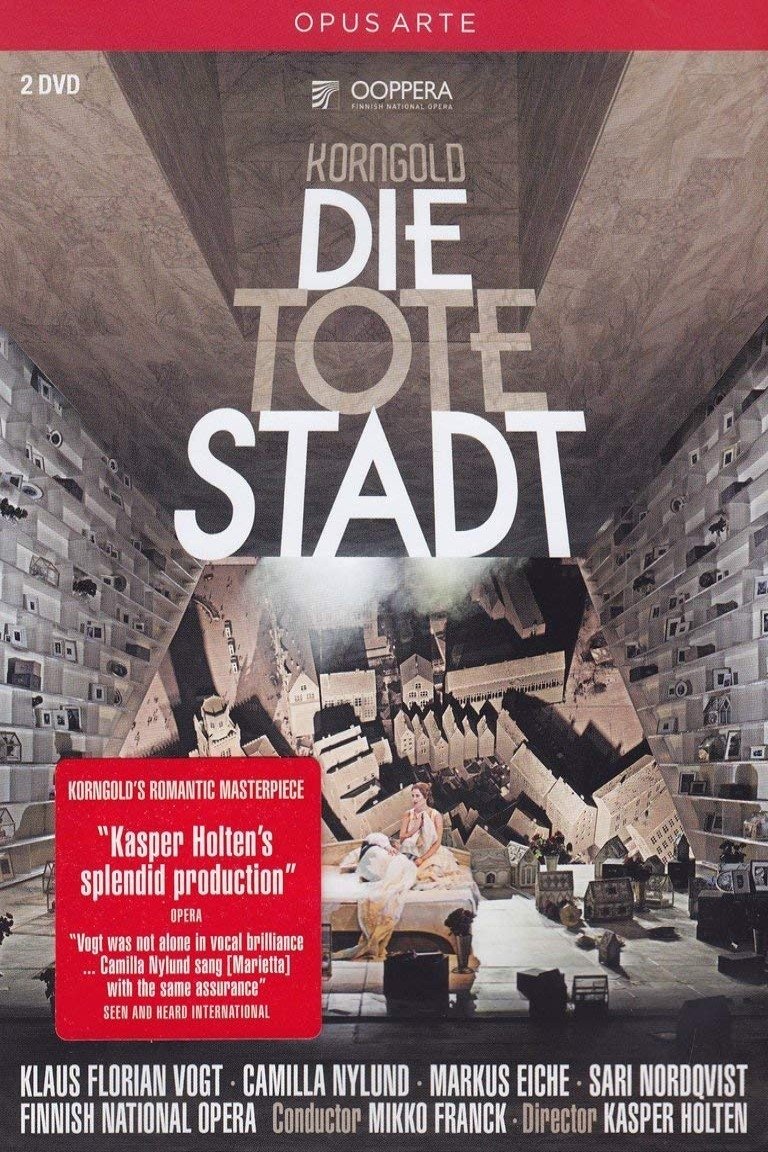
This Finnish National Opera production of the opera “Die tote Stadt” by Erich Wolfgang Korngold was staged by Kasper Holten, with Klaus Florian Vogt as Paul and Camilla Nylund as Marietta, while Mikko Franck directed the Finnish National Orchestra.
By browsing this website, you accept our cookies policy.